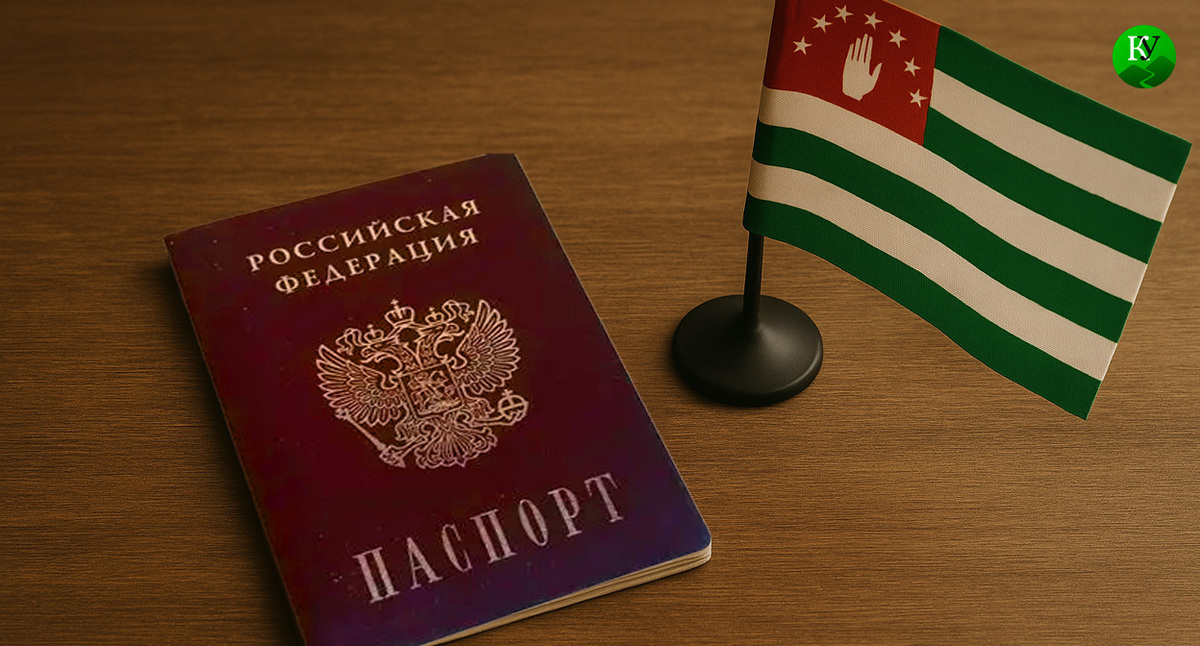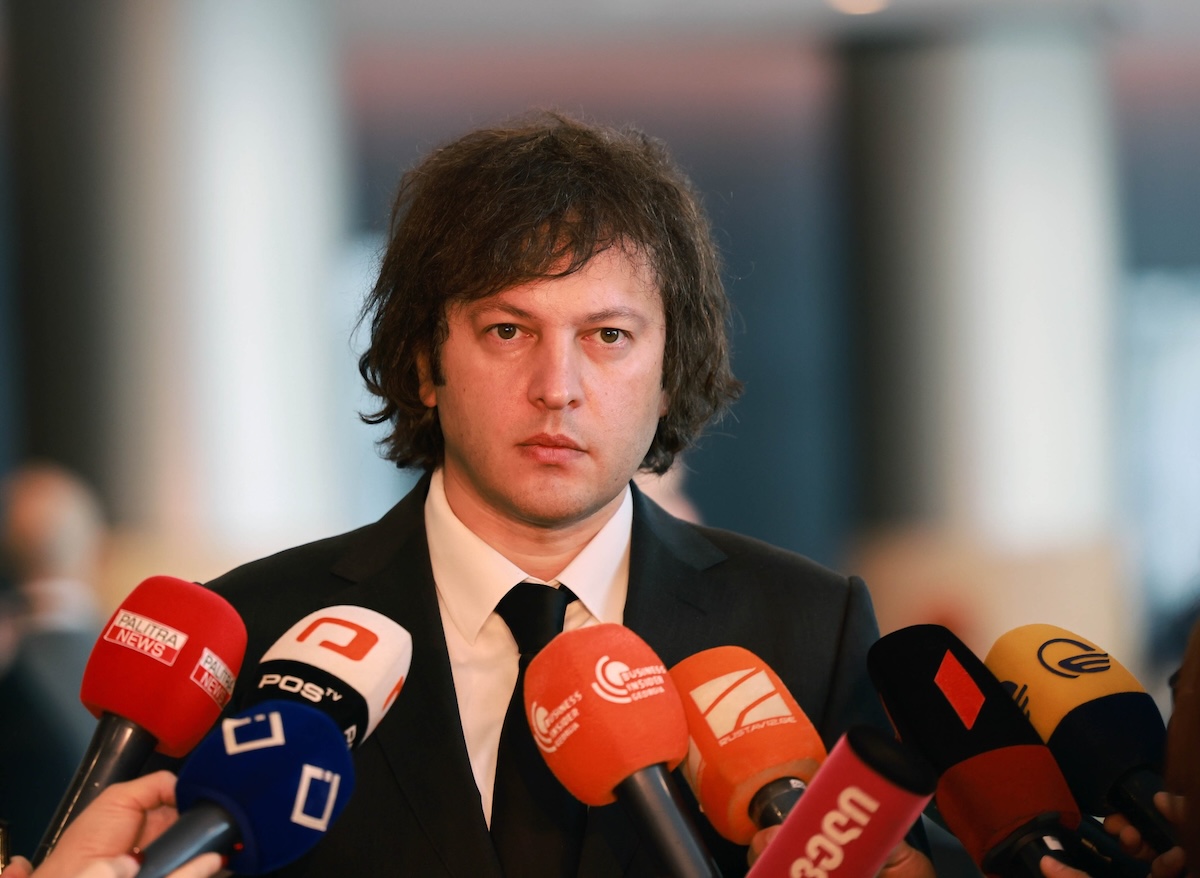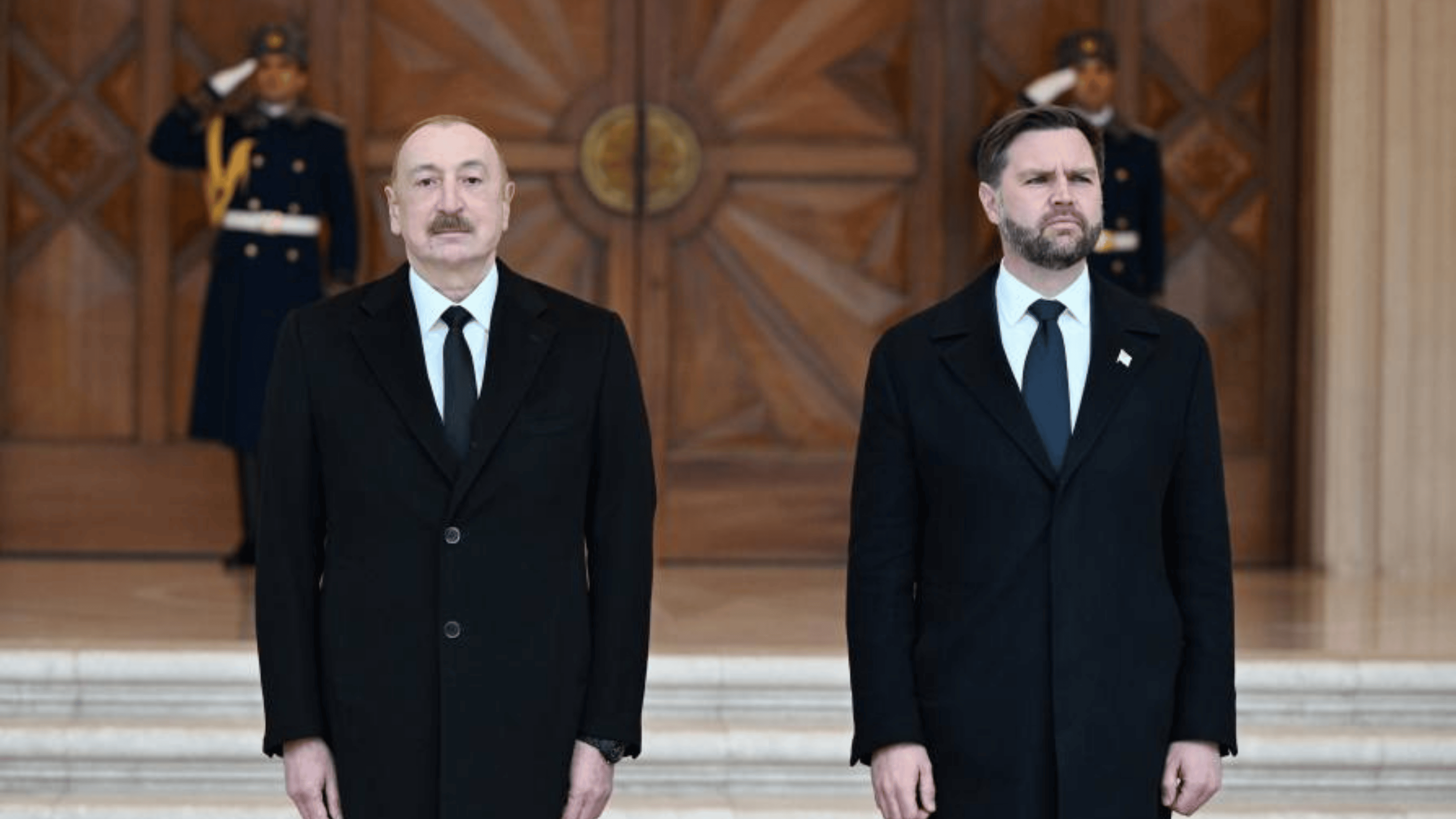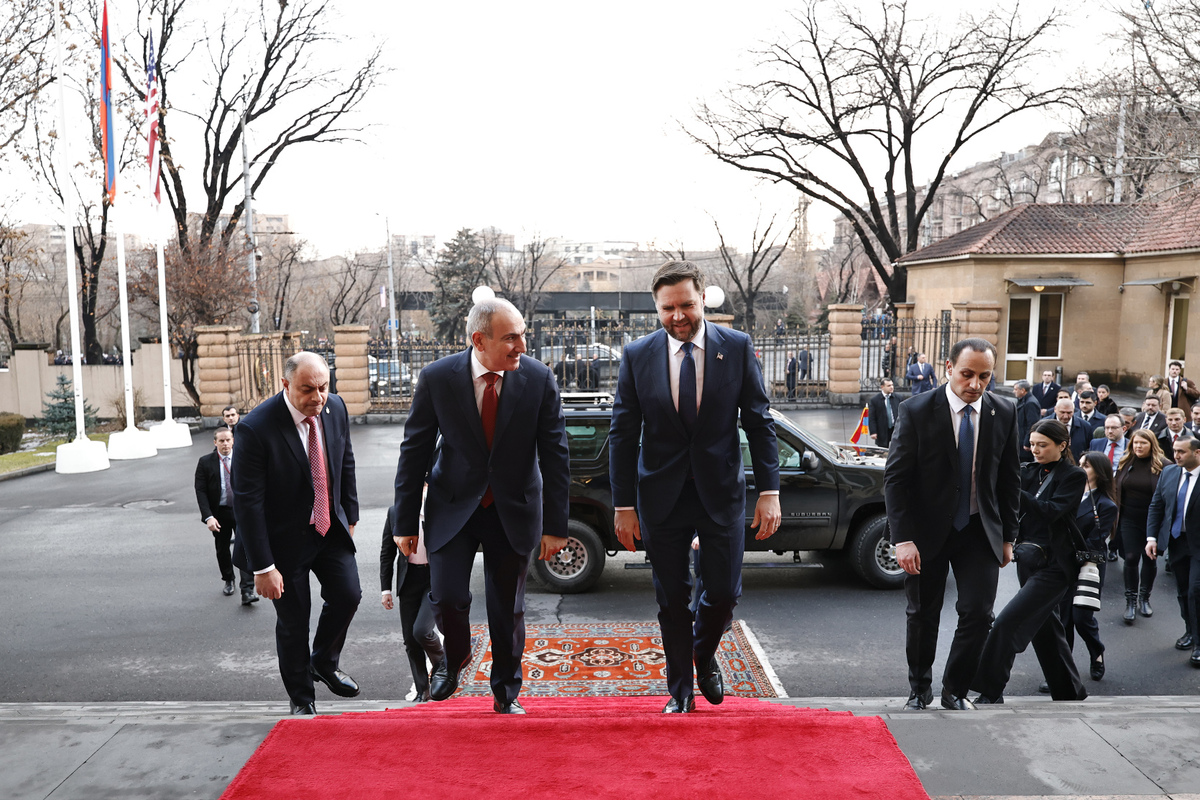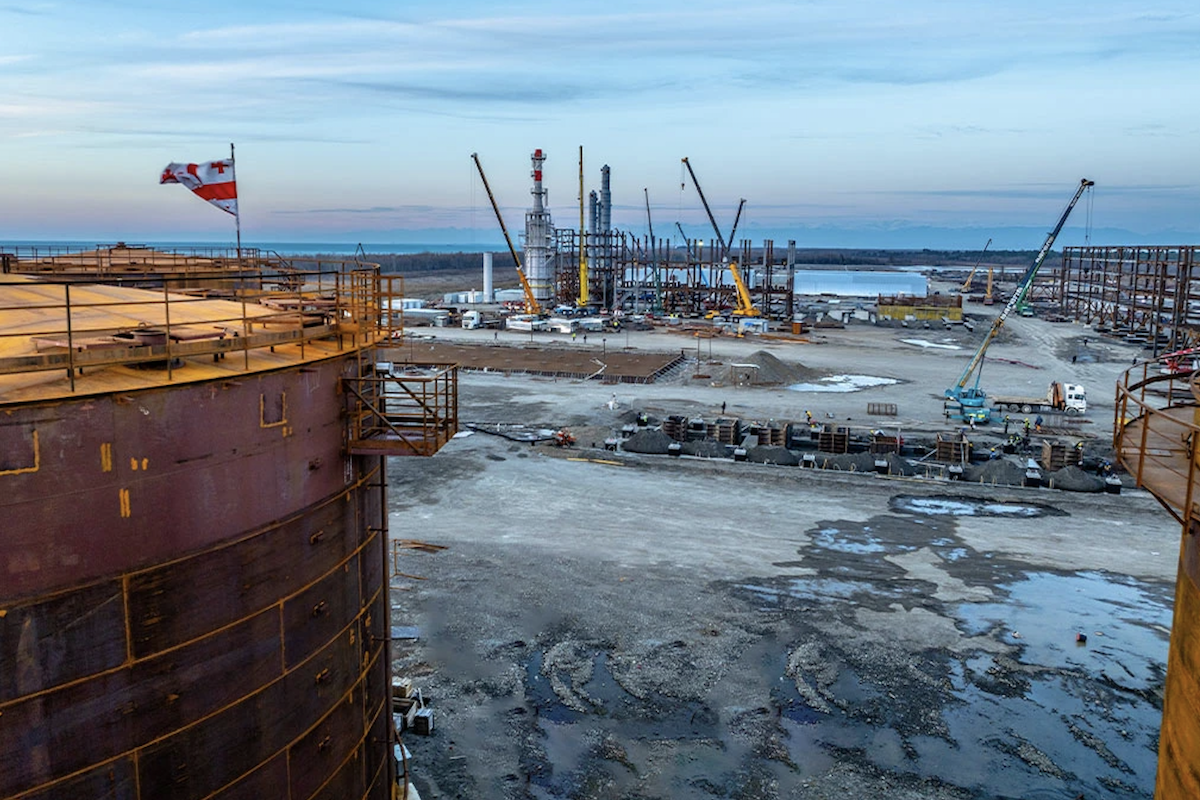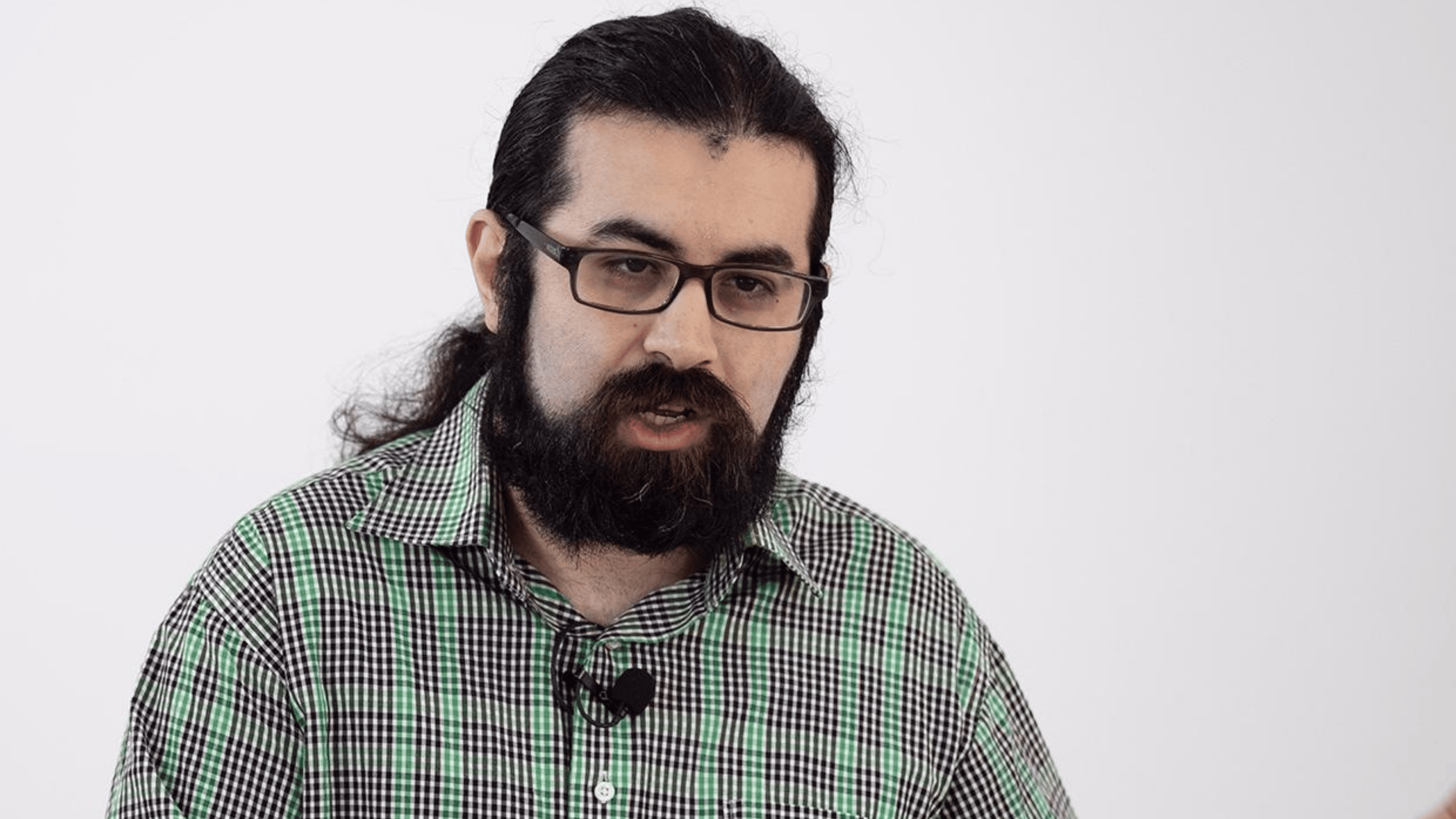Stuck between two countries
The residents of two villages on the Russian-Azerbaijani border suddenly turned out to be in limbo between those countries. The two states amicably solved the land issue, but nobody seems to be willing to assume responsibility for 450 families, living on it.
Ruslan Hasanguliyev, 22, is a resident of Uryanoba village, Khachmaz district of Azerbaijan Republic. Nevertheless, he is a citizen of the Russian Federation and even served in its army. At present, he is engaged in seasonal work at the construction site in Makhachkala city, Dagestan Republic of the Russian Federation. In his words, his family doesn’t want to take Azerbaijani citizenship, though they don’t want to move to Russia either.
Khrakhoba and Uryanoba villages of Khachmaz district (in the country’s north-east) were initially transferred to Dagestan in 1954, under the Soviet government’s decree on temporary provision of the republic with the land areas for livestock grazing for the period of 20 years. Then, this term was extended for 20 more years. Although it had expired in 1994, but ‘temporarily lent out’ villages were actually part of Dagestan until 2010.
In 1991, Russia and Azerbaijan became separate states and the border between them was no longer a mere formality, as it had been in soviet times.
In 2010, Azerbaijan and Russia concluded the state border treaty, thus abolishing the de facto enclave status. So, Uryanoba and Khrakhoba villages were transferred back to Azerbaijan. The authorities offered the village residents to take Azerbaijani citizenship so that they could stay on and continue living there.
Only part of Uryanoba residents accepted that offer. All residents of Khrakhoba village expressed intention to maintain Russian citizenship.
According to Ruslan Hasanguliyev, in 2011, he and other villagers, who had refused to take Azerbaijani citizenship, were deported from the country. “We were suffering throughout the year; our family and property were left in Azerbaijan.
Now he can come to his native village only for three month, as prescribed by the migration law. And then he should leave it.
Uryanoba village is located at a 4-kilometer distance from the district center. There is no school, no ambulance station or shops in the village. The road leading to the village is in a poor condition. There are no gas and water supply systems either. Children go to school in Khachmaz, the district center, and adults travel there to work and also do shopping there. Uryanoba residents with Azerbaijani citizenship have moved to the district center, because any construction works are prohibited in the village.
Hasanguliyev wants to leave the village and the country forever, but he can’t formalize documents for his house and land plot to sell them.
In contrast to Uryanoba, Khrakhoba village residents hadn’t taken Azerbaijani citizenship and most of them moved to Russia. Azerbaijani authorities allocated them compensations for their houses and land plots. Unlike Uryanoba, which is still populated by people, half-abandoned Khrakhoba village was developed-roads were paved with asphalt, the whole village was provided with gas supply system, a new modern school and 30 houses were built.
On November 22, 2013, under the presidential decree, Khrakhoba village was renamed into Palidli. Approximately 30 families from various regions of the country were settled in the village. Later, most of them left the village because of unemployment. Only 5-6 families of the teachers of the new school in Khrakhoba- Palidli stayed in the village. Children from the nearby villages attend this school. They are brought there by a school bus.
Khrakhoba residents, who moved mostly to Makhachkala, have never felt the Russian government’s care either. “There is no job, we can hardly make both ends meet, says Zamir Aslaliyev, who now lives in Makhachkala and who has come to Uryanoba to attend his relative’s wedding ceremony.
Other residents also complain about the tough measures, taken by the authorities in response to their decision to remain Russian citizens. Namely, they say, children weren’t allowed to enter school, whereas the villagers were obstructed to sell their houses and move to another place. Those, who have relatives in Azerbaijan, complain that they have no chance to visit them, since former residents of these villages aren’t allowed to enter Azerbaijan.
The district officials flatly refused to comment on this situation. However, one of the executive government officials, who wished to remain anonymous, said that transfer of the village back to Azerbaijan had caused Khrakhoba residents’ sharp reaction.
“They held a vote and expressed their intention to remain within the Russian Federation. They carried out certain separatist activities, they put out Russian flags in the village. Therefore, the government had to take tough measures.
“There is nothing illegal in the government’s actions. All people must obey the laws of the country they reside in. I think, those three options that the village residents were offer–either to take the Azerbaijani citizenship, to live in compliance with the country’s migration law or to move to the country of their citizenship, are quite acceptable from the legal point of view, says Ali Huseynov.
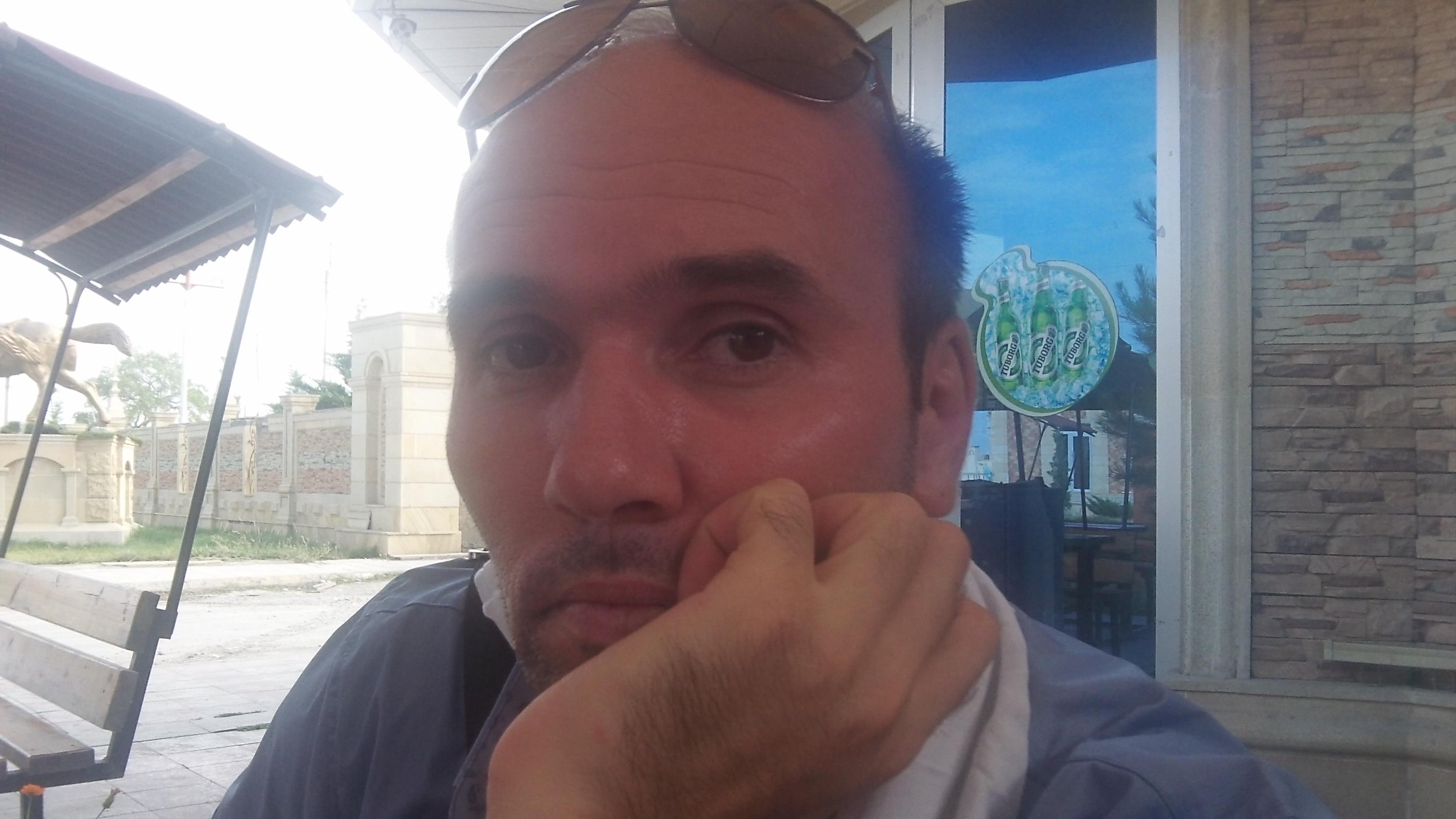
Logman Maksimov, former resident of Khrakhoba village, works in a café in Khachmaz (district center). Logman, whose family members are the citizens of Azerbaijan, is also thinking about taking Azerbaijani citizenship.
“Jointly with the fellow villagers we seeded, harvested crops, sold it together and shared the income. Even the houses were built jointly. Someone was cutting bricks, someone was building a wall, others were making doors and windows, and everything was done free of charge. My house was also built that way, he said.
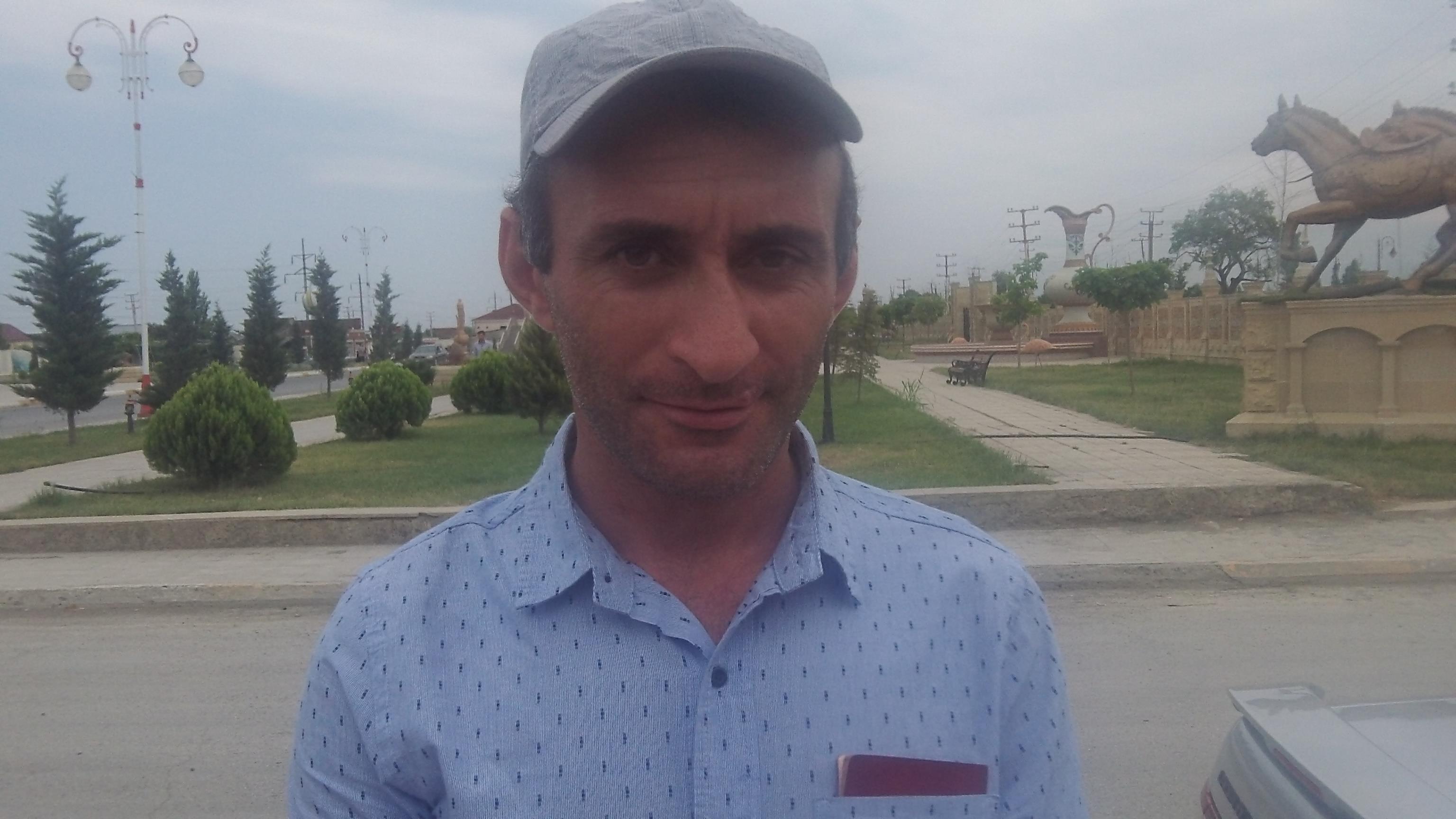
Zamir Aslaliyev, former resident of Khrakhoba village: “I didn’t want to sell my house. I built my two-storey house with all accommodations with my own hands. All windows and doors were made of oak. However, we wouldn’t have been allowed to stay in the village even if we had taken the Azerbaijani citizenship. So, why should we have taken the Azerbaijani citizenship then?! he wonders.
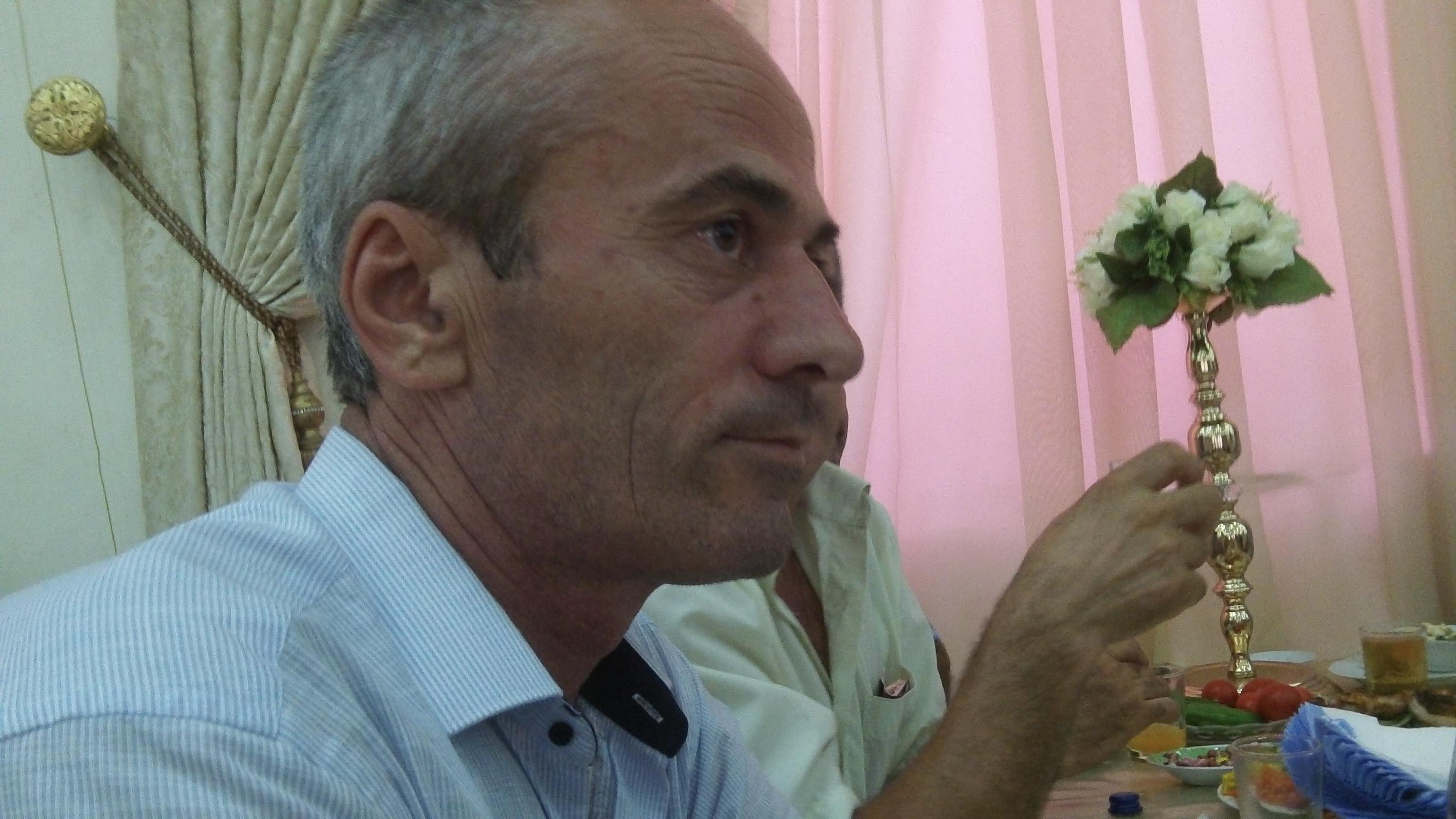
Kemed Seyfullayev had been a teacher at Khrakhoba village school before he moved to Makhachkala.
“People were grabbed by the police in the street, they were taken to the police station and told that they were living there illegally. Nagmet Nagmetov can’t sell his house up to now. He has been prohibited to arrive in Azerbaijan for already 5 years. And not only he, but also dozens of other residents of Khrakhoba village. For example, Sevda Ibrahimova’s father died at the age of 52, but his daughter couldn’t attend her father’s funeral, says Seyfullayev.
Published 09.11.2016










